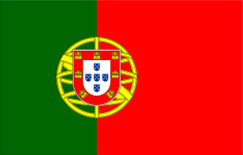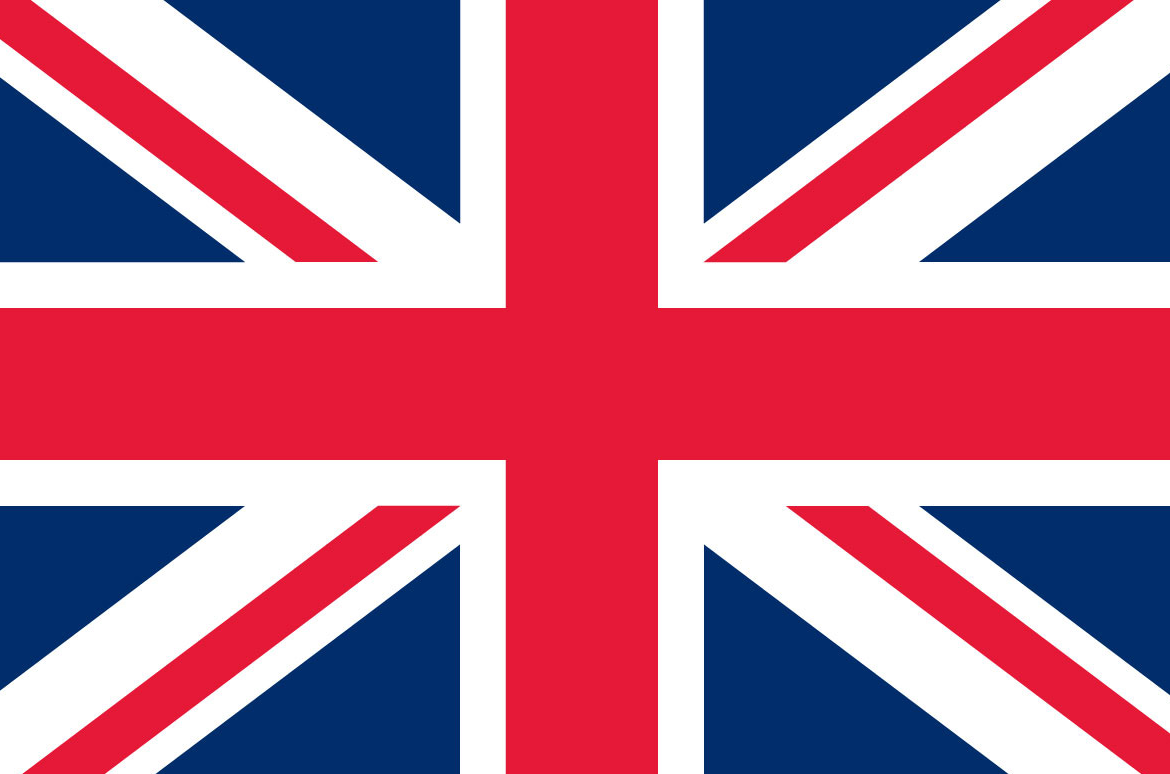
2021-06-25
DGRM represented the Presidency of the European Council and Portugal in the Marine Environment Protection Committee of the IMO
The Directorate-General for Natural Resources, Security and Maritime Services (DGRM), through its Director of Maritime Administration Services, Paulo Pamplona, ??represented Portugal and the Portuguese presidency at the seventy-sixth session of the Committee for the Protection of the Marine Environment (CPME 76) of the International Maritime Organization (IMO), which was attended by 400 delegates from around the world and took place from 10th to the 17th June.
DGRM's participation was carried out in partnership with the MNE in the Committee's plenary sessions, and this Directorate-General chaired several preparatory and intermediate meetings of the European Commission and Member States, within the scope of the Portuguese Presidency of the European Council.
The formal start of the work was carried out by the General Secretary of the IMO, Kitack Lim, assisted by the chairman of the Committee, Hideaki Saito (Japan), who in the opening speech to delegates said “failure is not an option”, referring to the efforts of the IMO to reach agreement on measures to address climate change. He stressed that the adoption of new amendments to MARPOL during MEPC 76 would be based on mandatory energy efficiency measures previously adopted by the IMO, obligatorily putting maritime transport on the path to decarbonisation.
After several days of intense work, the Committee concluded its 76th meeting with the approval of new measures to tackle climate change, including the adoption of short-term measures to reduce the carbon intensity of ships, and further discussion on the way forward. the shipping industry to achieve the IMO Initial Strategy, globally halving ships' greenhouse gas (GHG) emissions by 2050 compared to 2008 emission levels.
Amendments to the International Convention for the Prevention of Pollution from Ships (MARPOL), Annex VI, which will require ships to reduce their greenhouse gas emissions, were adopted. These amendments combine technical and operational approaches to improve the energy efficiency of ships, while also providing the foundation for future GHG reduction measures.
The new measures will require all ships to calculate their Existing Ships Energy Efficiency Index (EEXI), following technical means to improve their energy efficiency and establish their annual operational carbon intensity indicator (CII) and CII classification . Carbon intensity relates GHG emissions to the amount of cargo transported and the respective distance covered. Thus, ships will receive an energy efficiency rating (A, B, C, D, E - where A is best). Maritime administrations (DGRM in Portugal), Port Authorities and other interested parties, as appropriate, are asked to provide incentives to ships classified as A or B, which will also send a strong signal to the market and the financial sector. A ship rated D for three consecutive years, or E, must submit a corrective action plan to show how the required rating (C or higher) will be achieved.
Amendments to MARPOL Annex VI (adopted in a revised and consolidated Annex VI) are expected to take effect on November 1, 2022, with the requirements for EEXI and CII certification coming into effect from January 1, 2023. This means that the first annual report is expected to be completed in 2023, with the first rating given in 2024.
A review clause will require the IMO to review the effectiveness of the implementation of the CII and EEXI requirements by January 1, 2026 at the latest and, if necessary, make and adopt other changes.
In this regard, the Portuguese Presidency, together with other EU Member States and countries with similar ideals, worked hard to make all measures as ambitious as possible to ensure that the levels of ambition of the Initial Strategy and the goals of temperature of the Paris Agreement were reached. Having, in most goals, been successful.
The MEPC Committee approved the terms of reference for a Correspondence Group on Carbon Intensity Reduction and meetings of the Inter-Session Working Group on Reducing GHG Emissions from Ships (ISWG-GHG 9 and ISWG-GHG 10). The ISWG-GHG 9 is expected to meet in September and the ISWG-GHG 10 in October 2021, prior to the 77th session of the MEPC 77 Committee, which is scheduled to meet November 8-12, 2021.
Although decarbonization was the main topic of the meeting, MEPC 76 also adopted amendments to MARPOL Annex I that prohibit the use and transport of heavy fuel oil (HFO) in the Arctic, as well as amendments to MARPOL Annexes I and IV on the exemption of UNSP barges of inspection and certification requirements and draft amendments to the AFS Convention to include controls on the cibutryne biocide.
IMO will also begin to address underwater noise from ships as a specific and urgent topic on its agenda. This theme is of great importance mainly to protect marine mammals such as whales, dolphins and seals. Here, too, the EU was very active.
Finally, it should be noted that emissions of carbon black (black carbon) and marine plastic waste, unfortunately had to be postponed to the next MEPC 77 session to be held between November 8th and 12th, 2021, if the conditions were met. for such.
Portugal and the EU will, in the meantime, continue to work on these issues in preparation for future IMO meetings.




